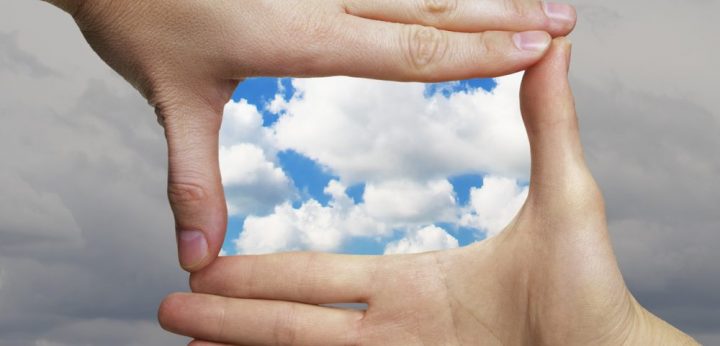Learning from a Friend’s Perspective on My Huntington’s Status
Written by |

For this column, I interviewed my best friend about her thoughts on Huntington’s. Here are my questions and her answers:
During your freshman year, you had a lecture on Huntington’s. Do you remember your thoughts about it at that time?
I was taking an introductory biology class, and we were discussing hereditary diseases and pedigrees. Huntington’s is an excellent example in biology as it’s inherited in an autosomal dominant pattern. It’s kind of beautiful in a biological sense: most people with these types of inherited conditions die in infancy or before they can reproduce, but Huntington’s late onset allows it to persevere. It’s almost satisfyingly logical.
But it’s also real.
So, in class, as I was learning about this devastating disease, I was affected by the knowledge of your family’s history. It was painful to think about the possibility of you and your mother going through this, and suffocating to imagine the suffering of others who are affected. I think that it was the first time that I fully allowed myself to consider Huntington’s and your connection to it on an emotional level. It was heartbreaking. I was overwhelmed by the possibility that you could have it and felt angry at the injustice.
After the initial wave of emotions, I started to try to accept it. I realized that having a friend for 40-ish more years was infinitely better than not having that friend at all, and it was illogical to mourn the ending of something while I was still in the middle of it.
How did you feel about my decision to be tested?
I respected your decision. I understood that you were frustrated at the uncertainty, so it would be better for you to know. When I consider it from a selfish angle, and with the clarity I found after my emotional reckoning with the possibility, I agreed with your decision. I think that logistically, you have the potential for a better life when you have an idea on the length of time you have to work with. Even from a boring economic perspective, it’s helpful to be able to make plans based on financial projections. However, I also realize that some people would prefer not to know. I think that it depends on the perspective that the individual has on life. I believe that the advantages of having a diagnosis — more certainty, ability to plan for the future, etc. — outweigh the necessity to face your mortality. But people are scared of death and I understand their reluctance to deal with it.
Describe your experience of the hospital appointment when you accompanied me to receive my test results.
I’ll take a step back and talk about when you texted me about your mother’s diagnosis. I remember reading your message on the notifications screen, and the world went dark. I just responded, “OK,” because I had no words. I wanted to scream and cry and curse the universe, but I also had to face the facts and accept them. I was upset because her diagnosis meant you were going to have to watch her suffer as your grandfather did, and I knew how much that would hurt you.
On the day we accompanied you to the hospital to receive your test results, I was anxious before we entered the room. I was very glad that another close friend was present because I was stressed and close to tears. Everyone else in our group was behaving in a lighthearted way — while I didn’t resent their playful attitude, I couldn’t take part in the distractions. I was tense, weighed down with apprehension. It was like feeling sad and wanting to listen to somber music. I didn’t want to lose focus; I wanted to feel the gravity of the situation.
I felt the shift when we walked into the office and saw many people crowded into the tiny space to deliver the unfortunate news. The dread was replaced by something that was almost darkly humorous, like a bad movie you don’t want to watch. I knew exactly what they were going to say. Except that it wasn’t a movie, it was your life, and partially mine. It sucked. I felt the sadness, of course, and I was as numb as I had been when you’d told me about your mother’s diagnosis. But then, with the absence of hope, I decided to accept it.
***
Note: Huntington’s Disease News is strictly a news and information website about the disease. It does not provide medical advice, diagnosis, or treatment. This content is not intended to be a substitute for professional medical advice, diagnosis, or treatment. Always seek the advice of your physician or other qualified health provider with any questions you may have regarding a medical condition. Never disregard professional medical advice or delay in seeking it because of something you have read on this website. The opinions expressed in this column are not those of Huntington’s Disease News or its parent company, Bionews Services, and are intended to spark discussion about issues pertaining to Huntington’s disease.






Leave a comment
Fill in the required fields to post. Your email address will not be published.